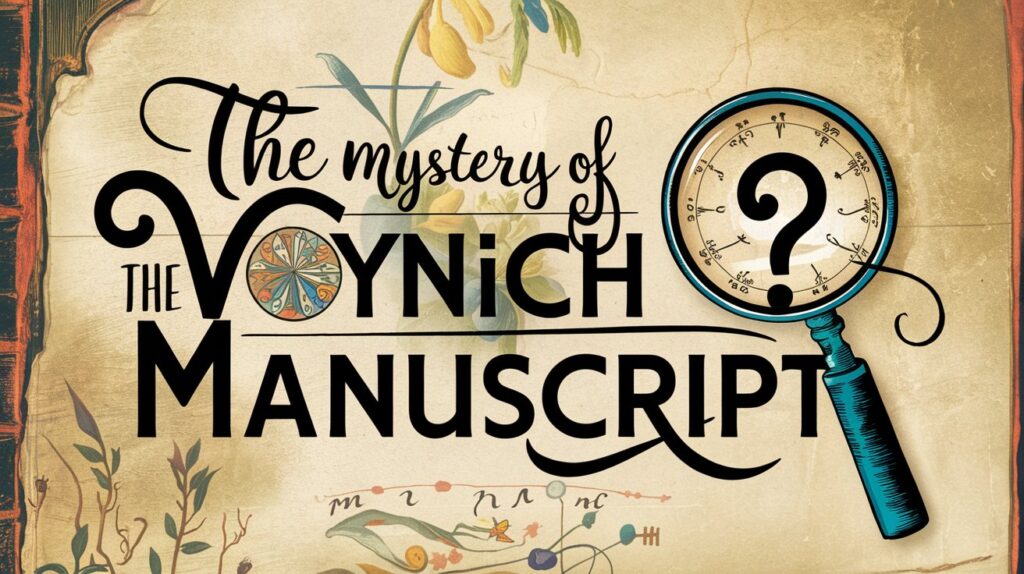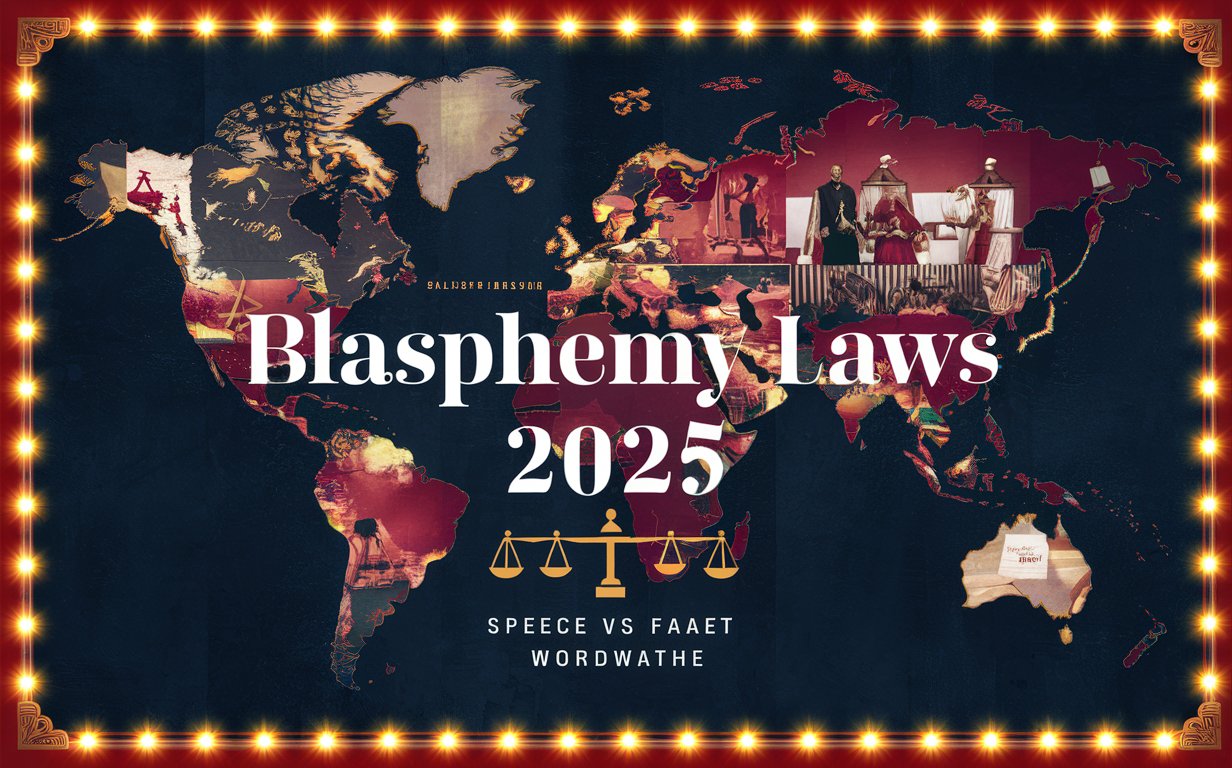The Mystery of the Voynich Manuscript

Introduction
The Voynich Manuscript is one of the most enigmatic texts in the world, captivating scholars, cryptographers, and curious minds for centuries. Believed to date back to the early 15th century, this illustrated codex is written in an unknown script and contains mysterious illustrations of plants, astronomical diagrams, and human figures. Its origins, purpose, and meaning remain shrouded in mystery.
Historical Context
Discovered in 1912 by rare book dealer Wilfrid Voynich, the manuscript has a complicated history. Its origins can be traced to Italy, where it is believed to have been created around 1400. The manuscript has been associated with various historical figures, including John Dee, an advisor to Queen Elizabeth I, who may have owned it at one point. Despite its intriguing past, the details surrounding its creation and original purpose remain elusive.
Description of the Manuscript
The Voynich Manuscript consists of approximately 240 vellum pages, many of which contain colorful illustrations. It can be divided into several sections:
1. Herbal Section
This section features drawings of plants, some of which are identifiable, while others are entirely fictional. Each plant is accompanied by a short description written in the unknown script, leading to speculation about their uses, whether medicinal or otherwise.
2. Astronomical Section
This portion includes diagrams of celestial bodies and astrological symbols. The illustrations depict a range of astronomical concepts, hinting at a possible astrological or astronomical purpose behind the manuscript.
3. Biological Section
This section presents naked figures, possibly representing women, along with other illustrations that suggest a connection to bodily functions or health. The meanings behind these images are still a topic of debate among researchers.
4. Recipes Section
The final part of the manuscript appears to contain recipes, with text written in a flowing script alongside various symbols. This section raises further questions about the manuscript’s intended use and its connection to alchemy or herbalism.
The Script
One of the most perplexing aspects of the Voynich Manuscript is its unique writing system. The text is composed of approximately 20 to 30 different characters, which do not resemble any known language. Despite numerous attempts by linguists and cryptographers to decipher it, the script remains largely undeciphered. Some theories suggest it may be an elaborate hoax or constructed language.
Theories and Speculations
Numerous theories have emerged regarding the purpose and meaning of the Voynich Manuscript:
1. A Hoax
Some scholars propose that the manuscript is a sophisticated hoax created to deceive potential buyers. This theory suggests that the unknown script and illustrations are intentionally nonsensical.
2. An Herbal or Medical Text
Others argue that the manuscript may have been a compendium of herbal remedies or medical knowledge, aimed at practitioners of medicine or alchemy during the Renaissance.
3. A Cipher or Code
Some researchers believe the manuscript is encoded using a complex cipher. Attempts to decode it using modern cryptographic techniques have produced mixed results, but no definitive translations have emerged.
4. A Lost Language
Another possibility is that the manuscript is written in a lost language or dialect, potentially from a small cultural group whose language did not survive.
Modern Research
In recent years, technological advancements have allowed researchers to approach the manuscript in new ways. Computer algorithms and artificial intelligence have been employed to analyze the text, but these methods have yet to yield conclusive results. Collaborative efforts among historians, linguists, and cryptographers continue to seek answers to the manuscript's mysteries.
Conclusion
The Voynich Manuscript remains an enduring enigma, capturing the imagination of those who encounter it. Its unique combination of intricate illustrations and an undeciphered script poses questions that challenge our understanding of language, knowledge, and the history of human thought. As research continues, the hope remains that one day the secrets of this remarkable manuscript will be unlocked, revealing the purpose and significance hidden within its pages.



Post Comment